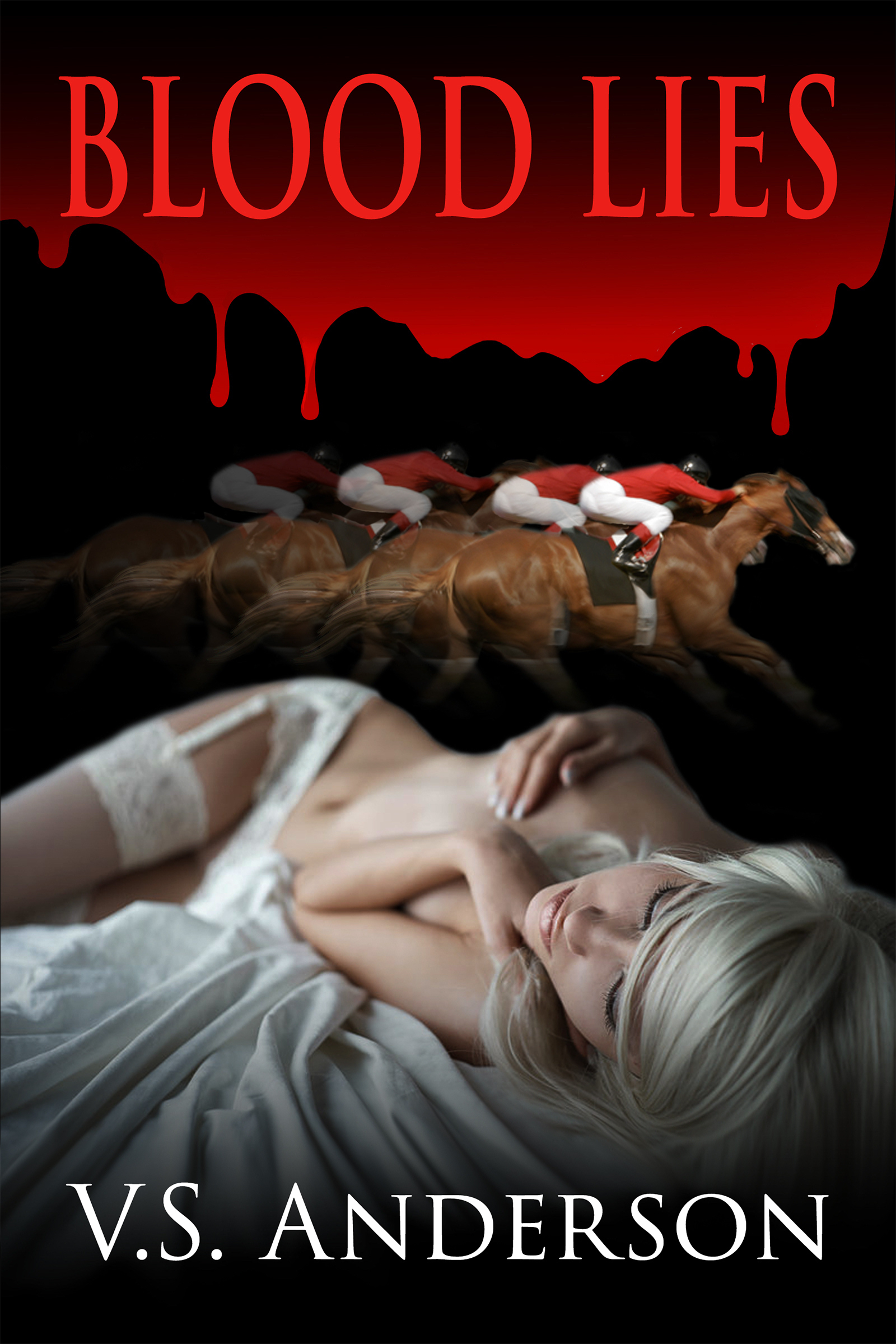 I just abandoned another indie book.
I just abandoned another indie book.
It always breaks my heart to do this (fortunately, I’ve only done it a very few times). The act sets me to thinking: Was I just being a persnickety grouch, or do I have legitimate things to say about what makes a book work? This question is particularly cogent when I bought this book—two by this author, in fact—on the strength of a glowing review.
Obviously, my reaction isn’t the only one that matters. So is there anything of worth in trying to lay out what went wrong for me?

I think so. After all, I’ve raised the question of whether we really serve each other if we don’t at least try to explain why a particular element of a book led not to a mild critique but to abandonment, even if we can do so only in generic terms lest we embarrass a fellow writer. And my thoughts here are not idiosyncratic; practicing writers have heard versions of them before.
So. . . .
It took three strikes to force me to turn off my Kindle this time around. Looking at these three strikes, I realize that I would have probably let two of them slide if the third had been in place.
The first of the two strikes I might have forgiven was a plot twist I didn’t buy into. But I’ve persevered, even if grumpily, past what seemed to me far-fetched plot devices before.
The other strike involved some bizarre inaccuracies in the author’s depiction of the setting, which I happen to know intimately. But I’ve hung in through (and enjoyed!) stories that present that setting in ways that don’t completely jibe with my experience.
In both cases, I could have been seduced into accepting or ignoring these slips. It was the seduction that wasn’t there.
Because the writer lacked voice.
In other words, had this book had voice, the pleasure of voice could have overridden my complaints.
But what in the world do I mean by “voice”?
Writing teachers talk about voice all the time. They know it when they see it. But ask them to give you a formula for acquiring it? They try. Oh, do they try.

Like most people, whether you know it or not, you already have many voices. You know how to sound different when writing a Facebook post and an office memo. No one has to teach you that.
But “literary voice” is a little different. You learn the voice of an office memo by writing the way people write office memos. Literary voice, on the other hand, isn’t something you copy outright. There’s learning involved, what rhetoricians call imitatio. But from this learning, it’s something you create.
Here, I’m offering three dimensions of what was missing in the book I abandoned. These do not constitute the ultimate definition of voice. They’re just my attempts to put into “voice” a few of the qualities that make prose come alive for me enough to carry me past plot glitches and other slips. 
Voice is what says you have moved beyond “the rules.”
In the book I’m discussing, I could see the author conscientiously and visibly filling in the various checklists for what a writer ought to do. BUT: The essence of voice is riding those rules down the road where you want to go.
In this book, the rule that ruled the writer was a common one: Bring readers into the scene! Lots of sensory details! Make it come alive! Think of creative ways to say what you want readers to know!
But in this book, too many details, piled up on top of each other, slowed the action to the point that I skimmed ahead in frustration. You don’t want to confuse readers, but you don’t have to race them through every doorway, show them every blow to your hero’s head. Choose the most necessary, the most telling details. Don’t just pile up information because the rules seem to say you should.
Voice serves the story, not the writer. 
In the books I’ve abandoned, writers often convolute their prose as if they must sound original—be a unique SOMEBODY—at all costs. But these choices may be robbing the English language of the power of its basic formula: Subject-verb-object. Someone doing something to someone. A basic sentence can have a modifying clause before it or an absolute phrase behind it, but English narrative dodges all sorts of pitfalls when it follows this basic pattern. For an excellent discussion of why this pattern works, try Joseph Williams’s classic Style: Ten Lessons in Clarity and Grace. Let people do things. Some of the most powerful prose in the world aspires to no more than this.
Still, voice means surprising the reader—just enough.
Your characters, your settings, your scenes, stand in a line-up with the characters, settings, and scenes from every other book ever written in your genre. When what you’ve put in your book could just as easily pop up in somebody else’s book, you probably lack voice. In the book(s) I’ve abandoned, I felt that I could predict every move, every sentence. I was looking at what we used to call “stock”—characters, settings, and prose off the shelf.
How can you move beyond stock?
What do you know about your character that no one would expect from a generic description of his age, ethnicity, occupation, etc.? What do you see in your setting that tells a whole story but that everyone else would overlook?
To create such vision, try these two steps: 1) Brainstorm. 2) Cull.
Exercises abound in books, workshops, blog posts, to help us generate details we might or might not actually use in our books. Here’s the place to go for the crazy stretch. Don’t censor. Outlandish is okay!
Then cull. Set aside your exercises as long as you can. Come back to them to see which ones jump off the page. Pick one. Maybe two. Be strict! Only the best. Only the ones that nail something readers really need to know but would never suspect.
And if you can, work toward honoring that famous dictum from Mark Twain (here tweaked because my version sounds better): The difference between the right word and the almost right word is the difference between lightning and the lightning bug.

Prose that captures lightning. not in every line but in carefully chosen moments of flash, has voice.
And I’ll forgive a lot if you give me voice.







Pingback: What Breaks Your Book | Just Can't Help Writing
A really interesting piece, I don’t think I’ve committed any of the sins you mention, but we’ll soon see. For me it has to be Hemingway, so simplistic in some ways, but then I love Jane Austen, because the dialogue sets the scene for me. Anyway thanks so much for sharing 😀
LikeLike
Pingback: What Breaks Your Book – the red ant
Pingback: Anne R. Allen on How to Kill Book Sales | Just Can't Help Writing
Pingback: Language Warning! But You Better Read Anyway! | Just Can't Help Writing
Pingback: Why Readers Stop Reading a Book. | Just Can't Help Writing
Pingback: What is “Literary” Fiction? Donald Maass has a definition! | Just Can't Help Writing
Surely a writer’s voice will impact differently on different people?
LikeLike
Absolutely! And I enjoy many different voices. I think the thing they most often have in common is that I could not have written what I read (but can’t help wishing I could). The author with voice brings his or her own world into mine. He or she teaches me something I didn’t already know, often about words.
LikeLike
BTW, your comment on The Red Ant inspired me to learn who Terry Prachett was. I meant Ann Patchett, author of Bel Canto and State of Wonder, but I’m delighted to learn about this new author. I’m not a huge fantasy fan, but his works sound wide-ranging and worth a look!
LikeLike
Excellent post, thanks! I reblogged this 🙂
LikeLike
Thanks! I’ll look forward to comments on your site!
LikeLiked by 1 person
Reblogged this on the red ant and commented:
Food for thought for writers: A very constructive critique of writing style! Thank you Virginia!
LikeLike
Pingback: Survey Question-Why do you put that book down? | Just Can't Help Writing
Pingback: How Would You Solve These 4 Writing Challenges? | Just Can't Help Writing